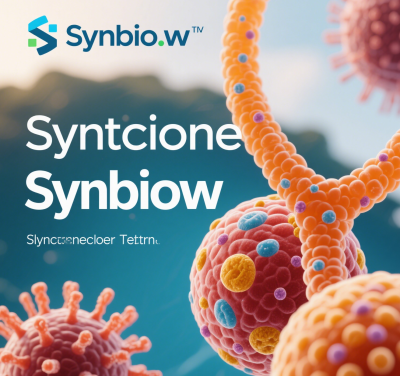
The term “SynBio W” is not a standardized phrase in synthetic biology (SynBio). However, its potential meanings can be inferred through industry practices, technological trends, and interdisciplinary principles. Below is a structured analysis based on SynBio’s core methodologies and emerging applications:
I. Potential Abbreviation Expansions
- SynBio-Waste Management:
- Engineered Bioremediation: Designing microbial systems to degrade pollutants like industrial waste, plastics (e.g., PET using FAST-PETase), or hydrocarbons from oil spills.
- Technology: CRISPR-optimized metabolic pathways combined with AI-driven enzyme activity prediction.
- SynBio-Water Treatment:
- Biosensors & Purification:
- Synthetic gene circuits for real-time detection of heavy metals (lead, mercury) or pathogens in water.
- Algae engineered to absorb excess nutrients (e.g., nitrogen, phosphorus) while producing biofuels.
- Example: Modular platforms integrating microbial purification and nanofiltration.
- SynBio-Wearable:
- Bio-Integrated Devices: Combining SynBio with flexible electronics for wearable patches that release drugs (e.g., insulin) or monitor health metrics.
- Innovation: Self-healing biomaterials (e.g., synthetic spider silk) for smart textiles.
- SynBio-Wolbachia:
- Disease Control: Engineering Wolbachia bacteria to suppress mosquito-borne viruses (e.g., dengue, Zika).
- Risks: Ecological impacts of synthetic organism release.
II. Industry or Project-Specific Terminology
- Corporate or Platform Codes:
- “W” as “Whole-Cell Simulation”: AI-driven digital twins to optimize industrial fermentation (e.g., antibiotics, bioplastics).
- Case: Ginkgo Bioworks’ “W-Series” integrating machine learning and lab automation.
- “Workflow Automation”: Robotic systems standardizing SynBio processes from DNA design to product extraction.
- Academic or Policy Initiatives:
- “W-Chassis”: Extreme-environment microbes (e.g., Deinococcus radiodurans) for nuclear waste treatment or space biomanufacturing.
- WHO Initiatives: Global “SynBio W” projects targeting public health (e.g., rapid-response mRNA platforms).
III. Technical Subdomains or Labels
- SynBio-Web3:
- Decentralized Biomanufacturing: Blockchain-managed open-source bio-parts libraries (e.g., DAOs, NFT-funded community labs like BioCurious).
- SynBio-Weightless:
- Space Adaptation: Microbes engineered for Mars oxygen production or waste recycling (e.g., NASA’s cyanobacteria projects).
- SynBio-Waveform:
- Optoacoustic Control: Light- or sound-responsive gene switches for noninvasive cell regulation (e.g., optogenetic CAR-T therapies).
IV. Typographical Errors or Conceptual Ambiguity
- Misspellings:
- SynBio-Omega (Ω): Self-sustaining ecosystems (e.g., artificial chloroplast cycles).
- SynBio-Wafer: Microfluidic cell factories for high-throughput drug screening.
- Misinterpretations:
- SynBio-Warfare: Ethical debates on synthetic immune systems for biodefense.
- SynBio-Wildtype: Controversial “de-extinction” projects for ecological restoration.
Summary and Recommendations
“SynBio W” may refer to waste/water solutions, workflow automation, or Web3/space applications, depending on:
- Technical Focus: Bioremediation vs. decentralized innovation.
- Applications: Public health, wearable tech, or extraterrestrial biomanufacturing.
- Industry Context: Links to Ginkgo Bioworks, WHO, or NASA initiatives.
For precise clarification, provide technical documentation or project context.
If you are interested in purchasing this domain, please contact: chuanchuan810@gmail.com





